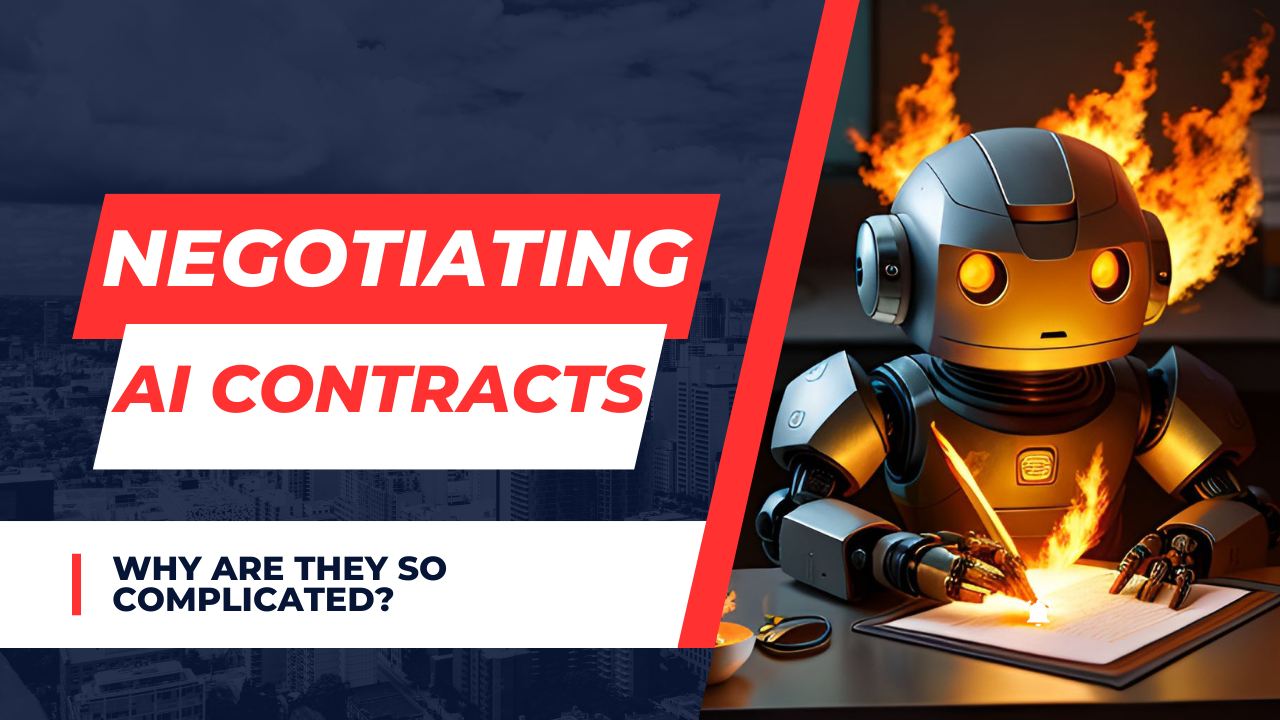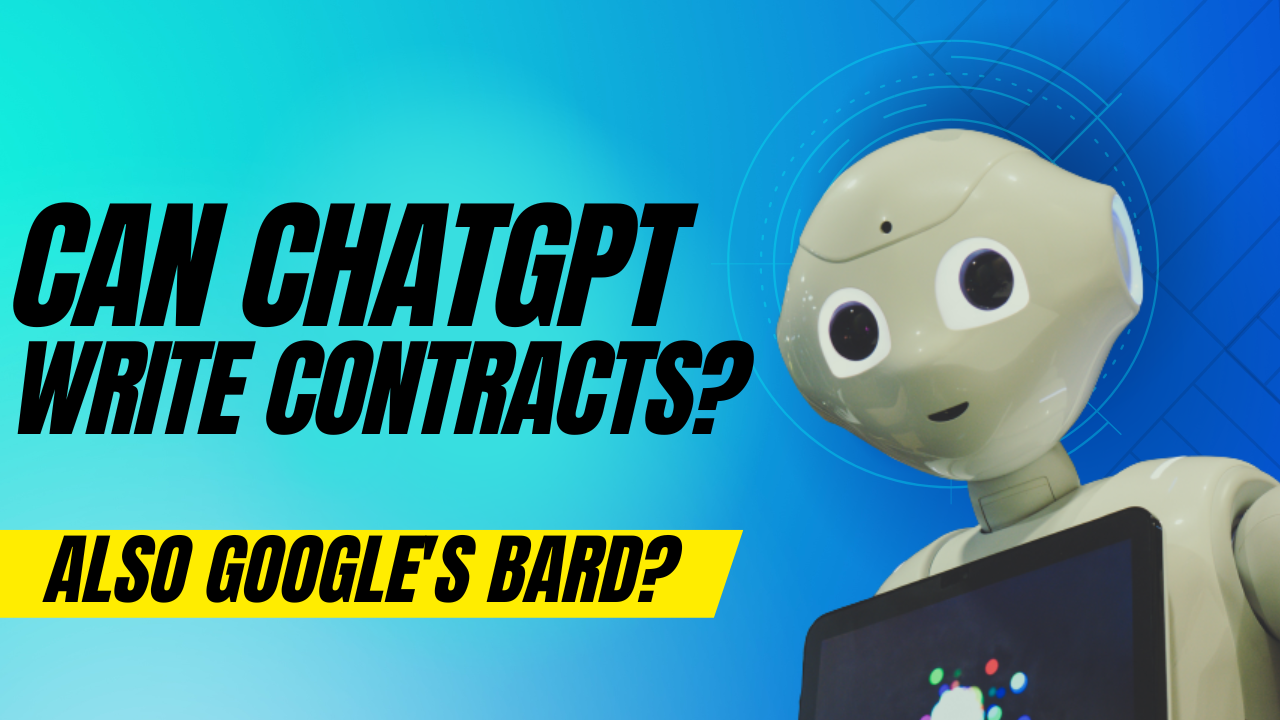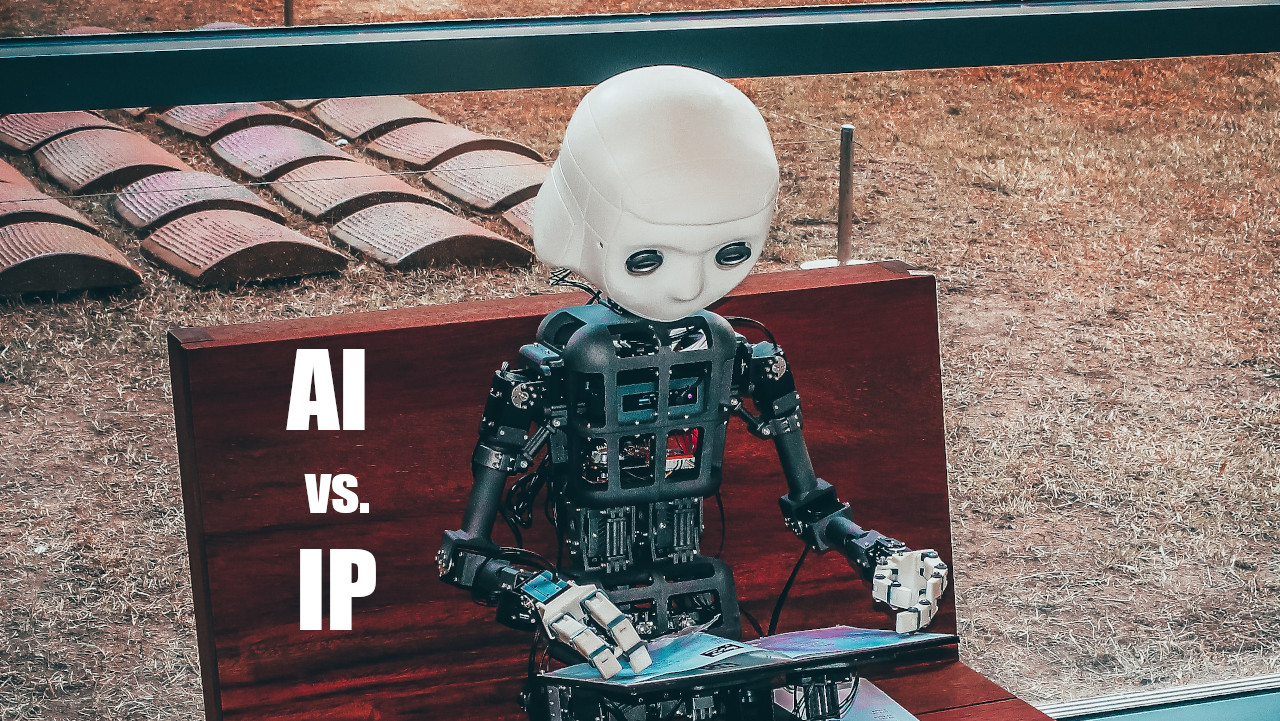AI is revolutionizing industries, but its contracts can be a minefield. In this video, we’ll delve into the key challenges faced when negotiating AI software contracts.
Key topics covered:
- AI Bias: Understanding the risks and how to address them in your contract.
- Limitation of Liability: Protecting your business from potential damages and losses.
- Indemnification: Ensuring proper compensation for breaches of contract or intellectual property infringement.
Learn how to navigate these complex issues and draft effective AI contracts that safeguard your interests.






